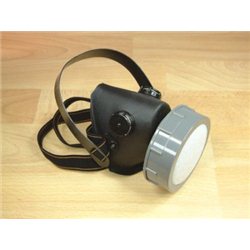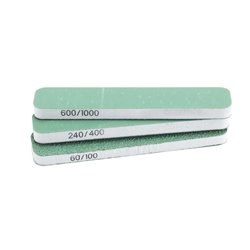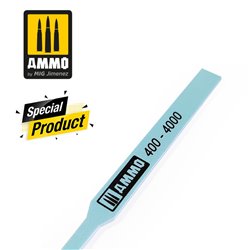White metal is a popular material used in scale modelling, particularly for model railway enthusiasts. It is a type...
No products
Product successfully added to your shopping cart
There are 0 items in your cart. There is 1 item in your cart.
Search Tips
Should I wear a facemask when sanding resin kit parts?
It is highly recommended to wear a facemask when sanding resin kit parts. Sanding resin releases fine dust particles that can be harmful when inhaled. Wearing a facemask helps protect the respiratory system by preventing a modeller from breathing in these particles.
Resin dust can irritate the lungs and airways and may contain harmful substances. Using a facemask with a high-efficiency particulate air (HEPA) filter or a mask specifically designed for fine particulate matter is advisable. Such masks can effectively filter out the fine dust particles generated during sanding, reducing the risk of inhalation.
If possible, it is also advisable to conduct sanding of resin parts outdoors where there is a greater likelihood of dust dispersal and a correspondingly smaller likelihood of the modeller breathing in any residue. Even so, it is still a good precaution to wear a mask to protect the airways. Another option that may be possible is to conduct any sanding in a bowl of water or sink, thus ensuring that any dust is captured and drained away with the water on completion.
In addition to wearing a facemask, it is also recommended to work in a well-ventilated area or use a dust extraction system to further minimize exposure to the dust. Taking these precautions will help ensure your safety and protect your respiratory health while working with resin kit parts.
Click here to receive the tips weekly in your mailbox. You can unsubscribe at any time.




.jpg)





